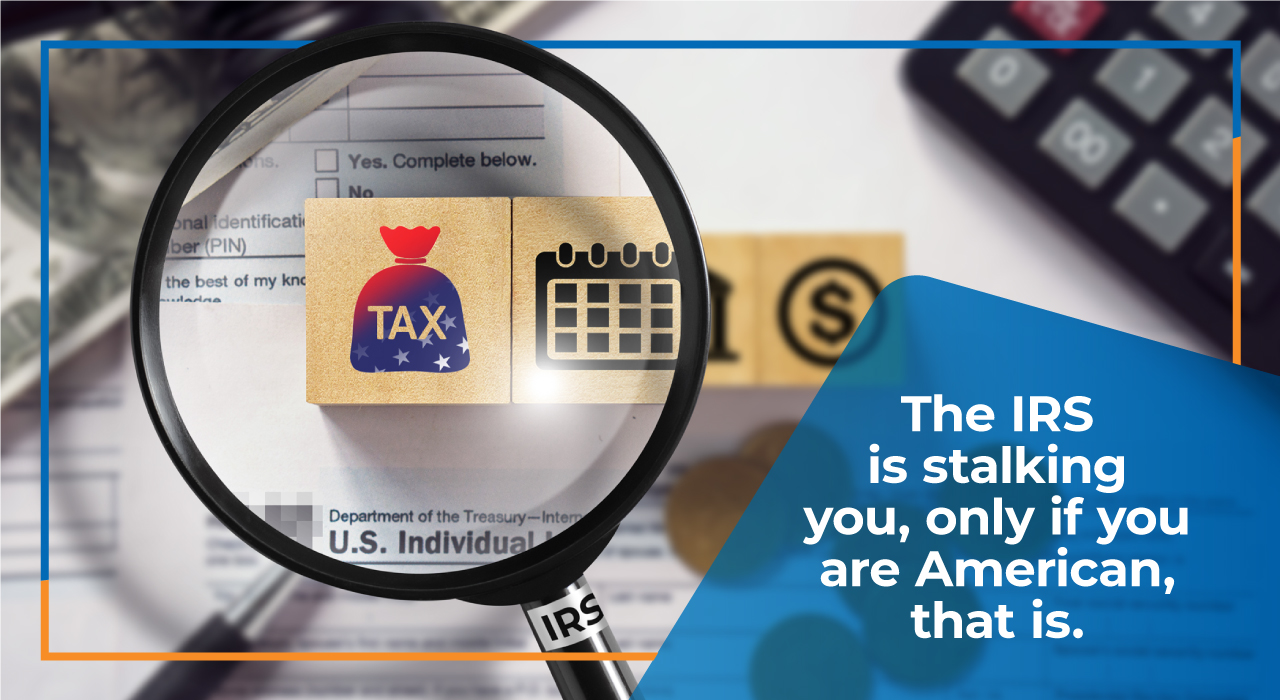The Dubai Salary Tax: Does it exist?
Dubai, or other parts of the UAE, does not impose a personal income tax on salaries. Professionals and expatriates working in Dubai and the rest of the UAE can enjoy their full salary without the deduction of a traditional income tax. The lack of a direct tax in Dubai on salary is a significant draw for international talent. This tax benefit extends across the UAE, reinforcing the UAE’s position as a globally competitive business environment.
Indirect Tax in Dubai on Salary:
Is there any tax that may affect the typical salaried employees in Dubai or the rest of the UAE? While it is case to case, individuals may be affected by a particular tax policy that is Federal Pan UAE:
Finding our Accounting & Bookkeeping content interesting?
world-class services.
THE FIRST CONSULTATION IS FREE!
Corporate Tax – A Quick Introduction
The UAE Federal Decree-Law No. 47 of 2022 introduced a new rule where businesses in the UAE have to pay a tax on their income. This tax is effective from June 1, 2023, and is known as corporate tax. It is levied directly on the net income or profits of businesses. The tax aligns with maintaining the UAE’s status as a leading global business hub while adhering to international tax standards.
In 2023, the UAE’s new tax initiatives demonstrate its dedication to international tax transparency and compliance with OECD standards. With the introduction of the Federal Decree-Law No. 47 of 2022, Dubai has begun imposing corporate tax on the profits of commercial enterprises. This development provides a structured approach to shaping the nation’s tax policies for both the current times and prospects. It’s important to note that while this move aligns the UAE with global practices, it does not impact personal income, and the absence of Dubai salary tax continues to uphold the emirate’s reputation as an attractive hub for business.
Objectives and Scope of Corporate Tax
Implementing Corporate Tax in the UAE aims to consolidate the nation’s global economic stature, focusing on strategic development and tax transparency. The scope of Corporation tax includes all commercial activities under a business license in the UAE, free zone businesses adhering to regulatory requirements, foreign entities conducting ongoing business within the UAE, banking operations, and real estate transactions. This means that tax in Dubai on salary may not exist directly but the company or enterprise that hires employees will pay the tax without cutting it off from the salary.
Dubai Tax Rate: What is the UAE Corporate Tax Threshold?
Though the Dubai tax rate on salary remains 0%, Entrepreneurs or any individual owning a licensed business now needs to account for a 9% corporate tax on profits that exceed the set threshold of AED 375000, potentially affecting overall business strategies.
Businesses, rather than salaried employees, bear the responsibility of the new corporate tax. Companies must understand these obligations and plan accordingly.
- The corporate tax threshold largely falls under three categories:
- Anybody subject to corporate tax but earns less than AED 375,000 is subject to 0% tax
- Anybody subject to corporate tax and earns more than AED 375000 is subject to 9% tax
- The corporate tax in the UAE was a strategic move to align the country with global tax norms, primarily in response to the OECD’s Base Erosion and Profit Shifting (BEPS) project’s “Pillar Two”.
This tax policy was designed to mandate specific businesses in the UAE to make their fair contributions to the country’s tax revenues. The percentage of tax in this regard varies.
Business Activities or Enterprises Subject to Corporate Tax:
Any income that an individual or enterprise receives through a trading licenced business is subject to corporate tax.
Such income includes:
1. Corporate Profits: The new corporate tax would apply to the profits businesses and corporations make. Such profits include income generated from commercial activities, investments, and possibly other sources of business income. It would cover domestic companies and foreign entities with operations or branches in the UAE.
2. Additional Income: Individuals, professionals, and business people who have a license to trade and earn an income from it are subject to Corporate tax
Activities Not Subject to Corporate Tax:
1. Personal Salaries: There is no Tax in Dubai on salary. Individuals ‘ earnings received as salary or wages are not subject to corporate tax. This includes income from employment, which is treated separately from business profits.
2. Personal Income: there is no personal income tax in the UAE, which means that individuals do not pay tax on their salaries or other forms of personal income like rental income and investment returns, among others.
Exceptions:
Along with UAE and Dubai salary tax, there are exceptions to Corporate tax as well. In UAE, corporate tax can apply to enterprises and business dealings. However, the law carves out an exception for extracting organic materials. Generally, the operations of corporations or similar legal bodies will be classified as “business activities,” making them taxable under corporate regulations. Nonetheless, if a UAE company receives dividends or capital gains from specific “qualified shareholdings,” these will not be subject to corporate taxation.
Place of Tax Payment:
– The corporate tax paid in the UAE. All tax returns including the corporate tax can be applied on the UAE’s Federal Tax Authority Portal. Companies operating in the UAE would be required to file their tax returns and pay any due taxes by UAE tax laws and regulations.
Important Considerations:
1. Implementation Details: The exact details of the UAE and Dubai tax law, including exemptions, deductions, and specific rates for different types of income, would need to be confirmed from the final law or guidance issued by the UAE authorities.
2. Compliance and Reporting: Businesses must comply with the new corporate tax regulations, which could include reporting requirements, tax filings, and timely payment of any taxes due.
3. International Businesses: For international companies, the impact of the UAE’s corporate tax would need to be considered in the context of global tax planning and potential double taxation agreements.
4. Legal and Financial Advice: Dubai tax rates and other information on nuances are updated or modified periodically, Businesses and individuals must seek professional legal and financial advice to understand the implications of these tax changes on their operations and personal finances.
Relevance for Salaried Individuals:
The fixed 9% tax rate for profits above the threshold necessitates careful financial planning from business owners. It encourages a proactive approach to tax optimization and compliance. Tax in Dubai on the salary of individuals may affect if you are a freelancer, influencer or licensed professional who gains additional income. To Know more, read this blog – Tax in UAE that gives detailed information for licenced professionals such as freelancers, artists and influencers.
At Nair and Nelliyatt, we understand the nuances of the UAE’s various tax layers, particularly with introducing the new corporate tax. It is essential for both corporate entities and salaried individuals to seek our expert advice. We provide businesses with a clear understanding of the new regulations, offer strategic tax planning and guidance on international taxation, and ensure compliance.
For salaried individuals, who usually have queries on the latest information of tax in Dubai on salary, Dubai salary tax or Dubai tax rate on salary we explain the potential tax implications on other forms of income and assist with effective financial planning. Engaging with our professional services ensures you meet your financial goals and legal obligations in the most tax-efficient way possible.




